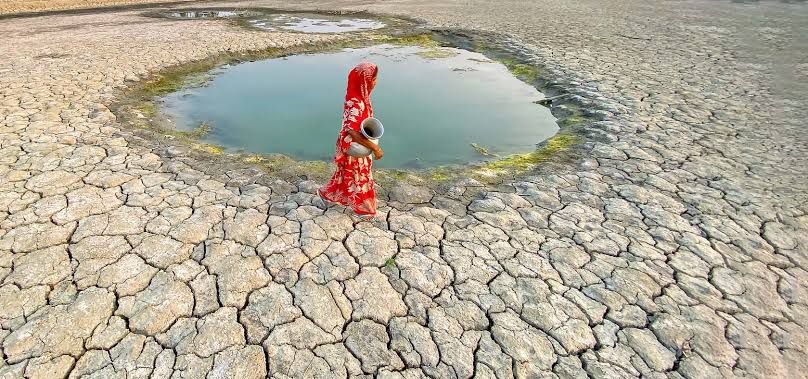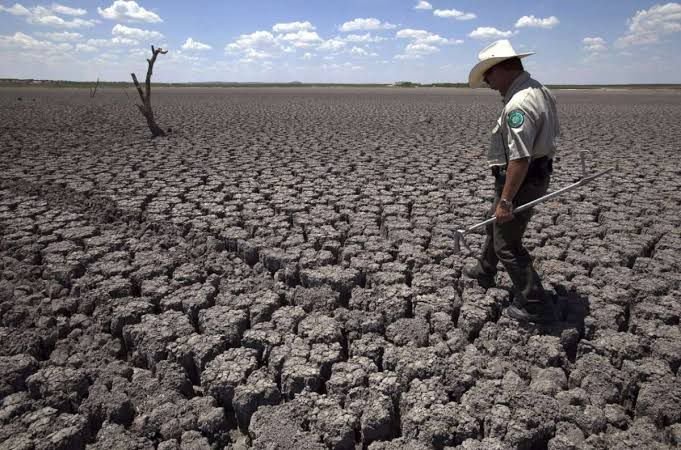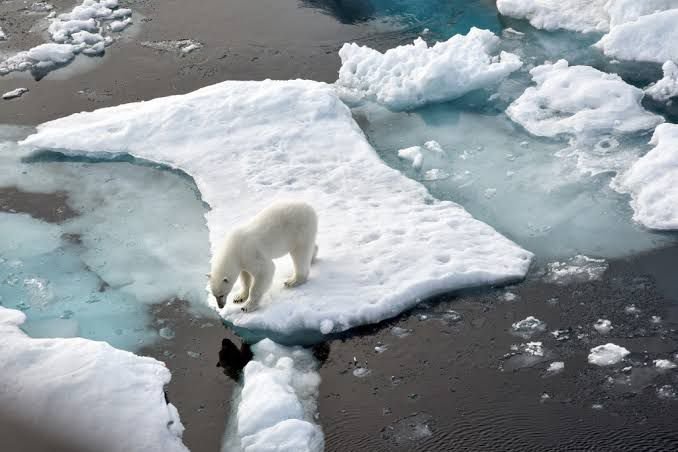Climate change and sustainable development are closely interconnected and must be addressed together to achieve a prosperous and resilient future for both people and the planet. Sustainable development refers to a holistic approach that seeks to meet present needs without compromising the ability of future generations to meet their own needs. It encompasses economic, social, and environmental dimensions, and climate change is a key challenge within the environmental aspect.

Here are some key points highlighting the relationship between climate change and sustainable development:
Interdependency: Climate change impacts various aspects of sustainable development, such as poverty eradication, food security, access to clean energy, water resources, and biodiversity conservation. At the same time, unsustainable development practices, such as reliance on fossil fuels and deforestation, contribute to climate change. Addressing climate change is essential to achieve sustainable development goals.


Vulnerability and equity: Climate change disproportionately affects vulnerable populations, including the poor, marginalized communities, and developing countries. These groups often have limited resources and capacity to adapt to climate impacts. Sustainable development aims to promote equity and social inclusion, ensuring that climate actions take into account the needs and rights of all individuals and communities, particularly those most affected.
Synergies and co-benefits: Climate action and sustainable development can reinforce each other. Many strategies and solutions to address climate change, such as renewable energy, energy efficiency, sustainable agriculture, and ecosystem conservation, have multiple co-benefits, including improved air quality, public health, job creation, and enhanced resilience. By pursuing integrated approaches, countries can achieve progress in both climate and development agendas.
Long-term perspective: Sustainable development emphasizes long-term thinking and planning. Climate change is a global challenge with long-lasting impacts that extend beyond the immediate future. By integrating climate considerations into development policies and decision-making processes, countries can minimize future risks, avoid maladaptation, and foster sustainable pathways that ensure the well-being of present and future generations.
Policy coherence: Climate change and sustainable development require coherent and integrated policy frameworks at the national, regional, and international levels. Policy coherence ensures that actions to address climate change align with broader development objectives and that development strategies are climate-resilient and low-carbon. It involves coordination among different sectors, stakeholder engagement, and the consideration of multiple dimensions of sustainability.


Financing and technology transfer: Mobilizing financial resources and facilitating technology transfer are critical for both climate change mitigation and sustainable development. Developing countries, in particular, require financial and technological support to implement climate actions and transition to sustainable development pathways. International cooperation, climate finance mechanisms, and technology transfer mechanisms play a crucial role in supporting these efforts.
In summary, climate change and sustainable development are interconnected challenges that require integrated and coordinated responses. By pursuing sustainable development goals, countries can simultaneously address climate change, reduce vulnerabilities, enhance resilience, and build a more equitable and prosperous future for all.
Read, how we are working @pencilforchange https://pencilforchange.net/pfc/

